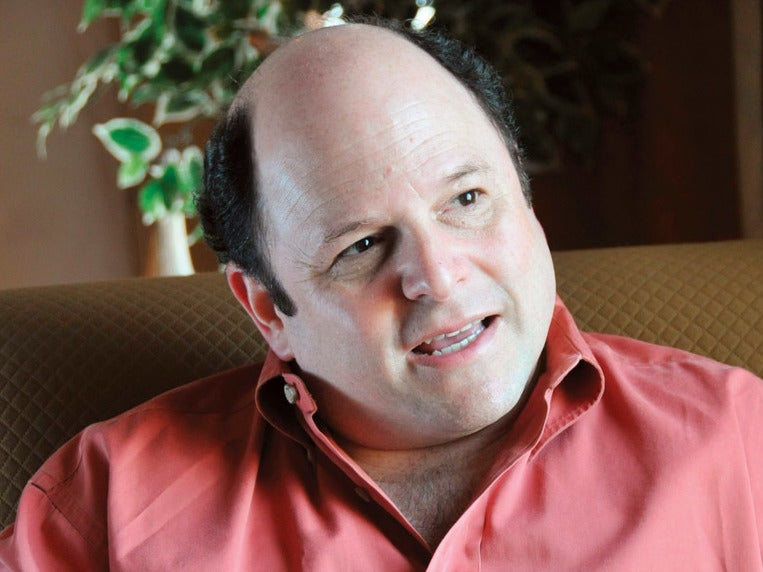Mea Culpa: we didn’t never use to use this dialect of English
John Rentoul on questions of style and usage in last week’s Independent


We quoted some comments made by Jason Alexander, the actor who played Philip Stuckey, the misogynistic lawyer in Pretty Woman, and added: “Interestingly, Alexander almost never succeeded in securing the role, as director Garry Marshall thought he was ‘too baby-faced and little’.”
Thanks to Paul Edwards for pointing out that, although “never” for “didn’t” was “fairly standard in speech where I grew up” it is not conventional in British English, or the dialect of it in which The Independent is written.
Paul reminded me of the saying popularised by Max Weinreich, the linguist and Yiddish expert: “A language is a dialect with an army and navy.” What Weinreich could have added is that a language has style books, and a home guard of pedants who are convinced that their dialect is right and other dialects are wrong.
Poetic permit: We used license for licence a few times last week, including one example of “poetic license”. This is the licence granted to a poet to stretch the literal truth for the sake of beauty – or in this case granted to a tourist authority to allow it to claim that Schwalm-Eder-Kreis in Germany was the setting for Little Red Riding Hood. It is a noun, and therefore spelt with a “c”.
The Americans don’t bother with the absurd spelling difference between the noun and the verb, spelling both forms with an “s”, but in The Independent’s dialect they are spelt differently.
A ticking off: We used “uptick” a couple of times last week – and not even on the business pages, where this dialect word is usually found. We reported that Alexander Lukashenko had had himself inaugurated as president of Belarus in secret, because he was concerned that “a public ceremony would lead to a significant uptick in protest”.
We also referred to “the uptick in these neighbourhoods” of coronavirus cases in New York.
Bernard Theobald thinks this is an Americanism that appears to be taking root in The Independent. My researches suggest that, although the Americans may have been slightly ahead of us, its use grew on both sides of the Atlantic at about the same time, with a sharp, er, increase around the year 2000.
I think it originated with electronic trading screens, adapting the terminology of ticker tape machines. Anyway, I think it is a harmless enough way of referring to any indicator that shows a sudden increase.
Backgoing campaign: My campaign against the word “ongoing” is going on rather badly. We used it 29 times last week. In some cases we were quoting someone, and in a few cases we used it to mean something that is continuing at the moment when that wasn’t necessarily obvious, such as on the sports pages when we said: “It was confirmed negotiations are ongoing between the ECB and the Team England Player Partnership…”
But the rest of the time, such as when we referred to “the ongoing coronavirus crisis”, we could have just deleted it.

Join our commenting forum
Join thought-provoking conversations, follow other Independent readers and see their replies
Comments